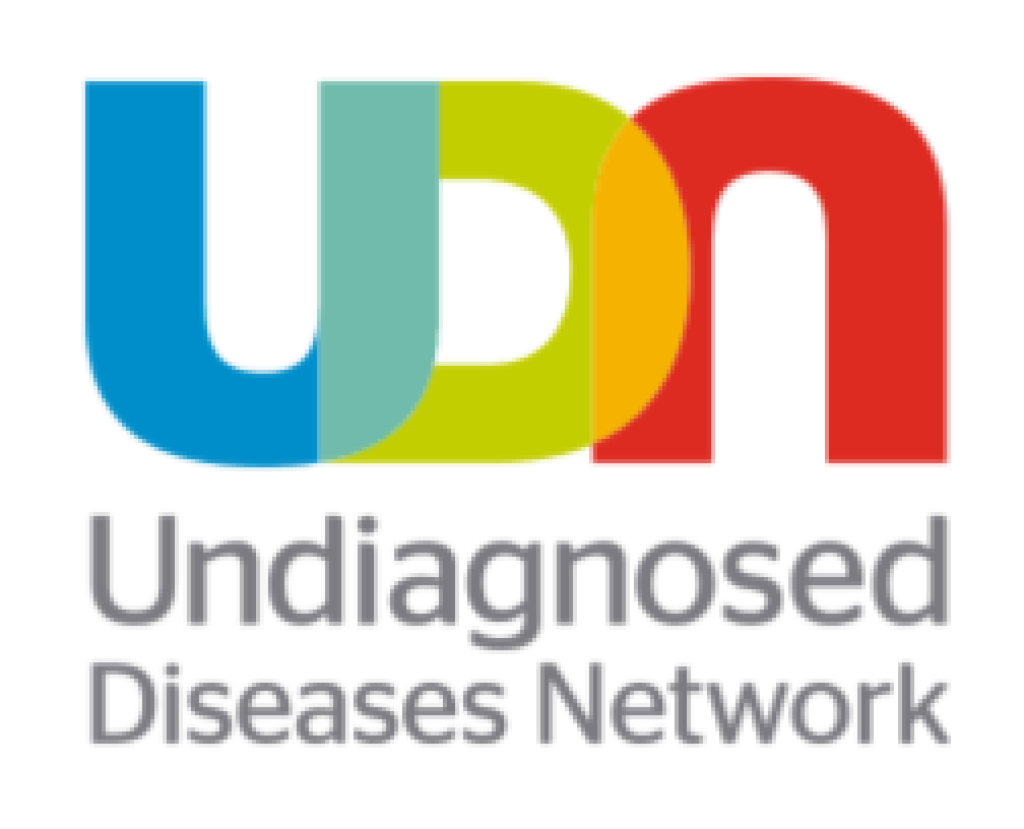
Duncan NRI Model Organism Screening Core
The Baylor College/Texas Children’s MOSC is located at the Jan and Dan Duncan Neurological Research Institute and is spearheaded by Baylor faculty and Duncan NRI investigators Drs. Hugo Bellen, Shinya Yamamoto, and Michael Wangler. In close collaboration with physicians in various UDN clinical sites and research investigators in other MOSCs, they leverage the powerful genetic tools available in fruit flies to help physicians and scientists identify the disease-causing genes and study how mutations in that gene cause rare and undiagnosed disorders with the ultimate goal of identifying targeted therapies for such diseases.

Since 2018, the UDN MOSCs have contributed to the discovery of 39 new human disease genes and a better understanding of 12 previously identified disease genes.
Contact Dr. Hugo Bellen (hbellen@bcm.edu), Dr. Shinya Yamamoto (yamamoto@bcm.edu), or Dr. Michael Wangler (michael.wangler@bcm.edu) for more information and collaborations.